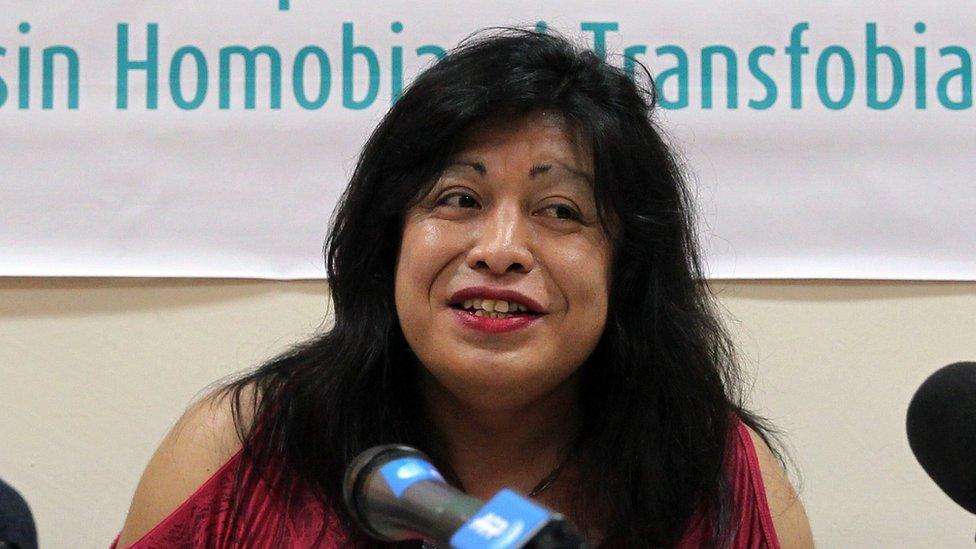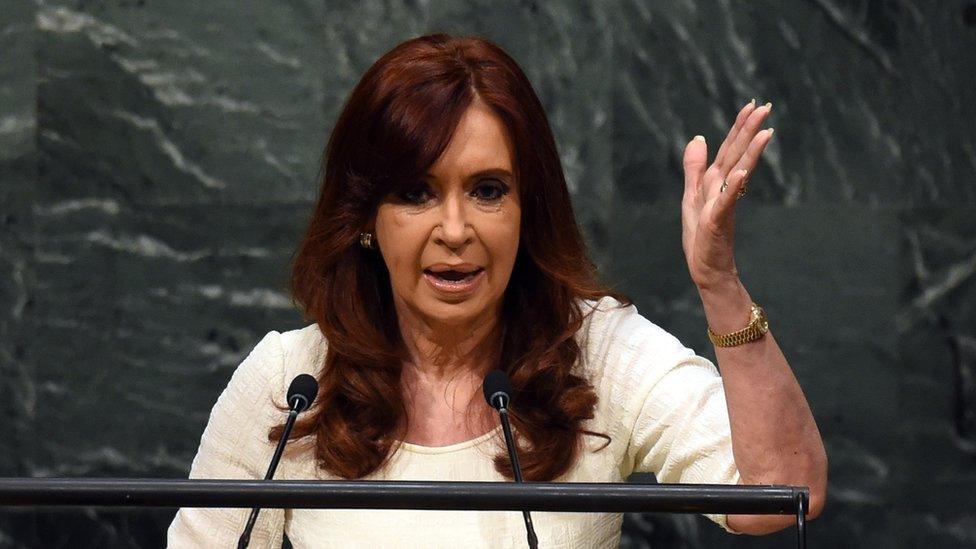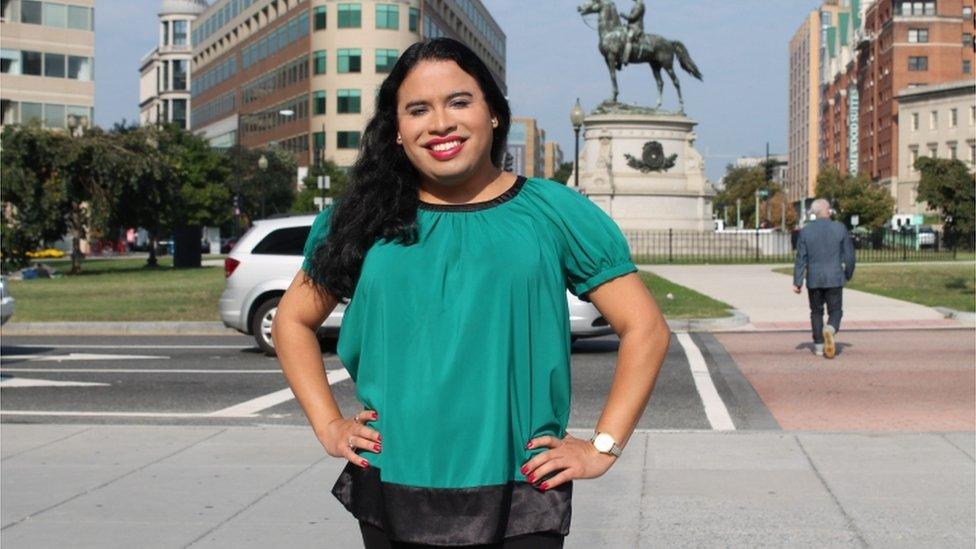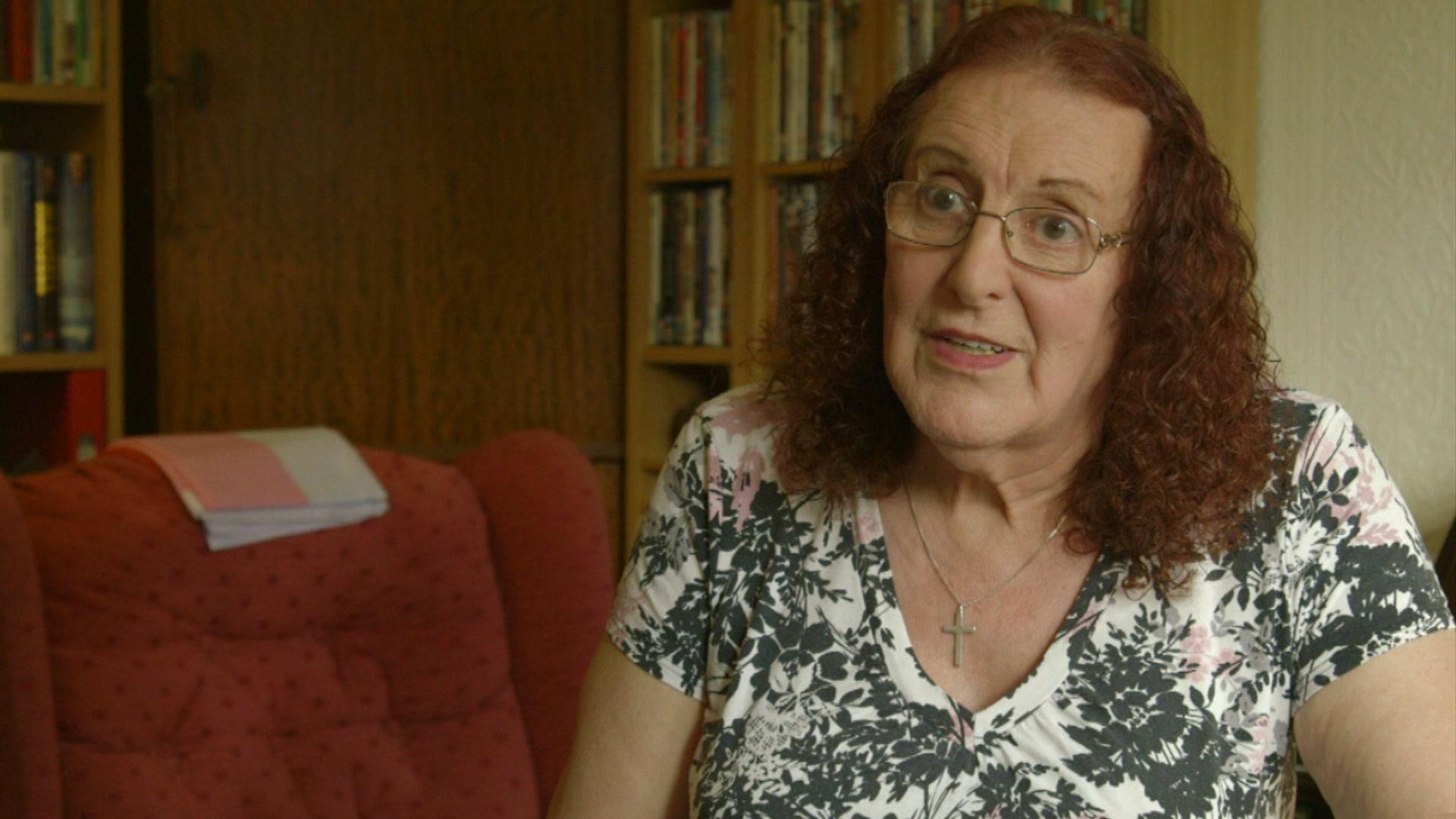Argentina transgender killings spark outcry
- Published

Ms Sacayan had been a vocal leader of several organisations seeking equality for Argentina's LGBT community
Argentine President Cristina Fernandez and Amnesty International have called for justice after the violent death of a transgender activist.
Diana Sacayan, a well-known activist for lesbian, gay, bisexual and transgender (LGBT) rights, was found dead in Buenos Aires on Tuesday.
It is the third violent transgender death in the country in the past month.
Latin America accounts for most transgender murders worldwide, rights groups say.
Rights group Amnesty International said, external on Wednesday that the body of Ms Sacayan, discovered in her flat, showed signs of violence.
"A dark cloud has set over Argentina's trans community," said Mariela Belski, Executive Director of Amnesty International Argentina.
"Unless this latest wave of murders is effectively investigated and those responsible taken to justice, a message will be sent that attacking trans women is actually ok."
President Fernandez echoed Amnesty's concerns.
"I ask the national security services and the metropolitan police to solve this horrible crime," she said during a public address.

President Fernandez in 2012 personally gave Ms Sacayan her national identity card, recognising her as a woman
Ms Sacayan, 40, had been the leader of a number of organisations seeking equality for Argentina's LGBT community.
In 2012 she was personally given her national identity card by President Fernandez, recognising her as a woman - a first for Argentina.
Ms Sacayan's death followed the killings of Marcela Chocobar and Coty Olmos, two transgender women whose bodies were found over the last month in the provinces of Santa Fe and Santa Cruz.
Latin America accounted for 78% of the 1,731 murders, external of transgender and gender-diverse people reported worldwide between January 2008 and December 2014, according to activist group Transgender Europe.
- Published18 August 2015

- Published11 October 2015
